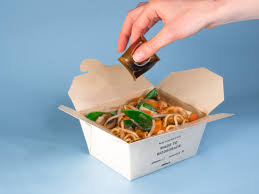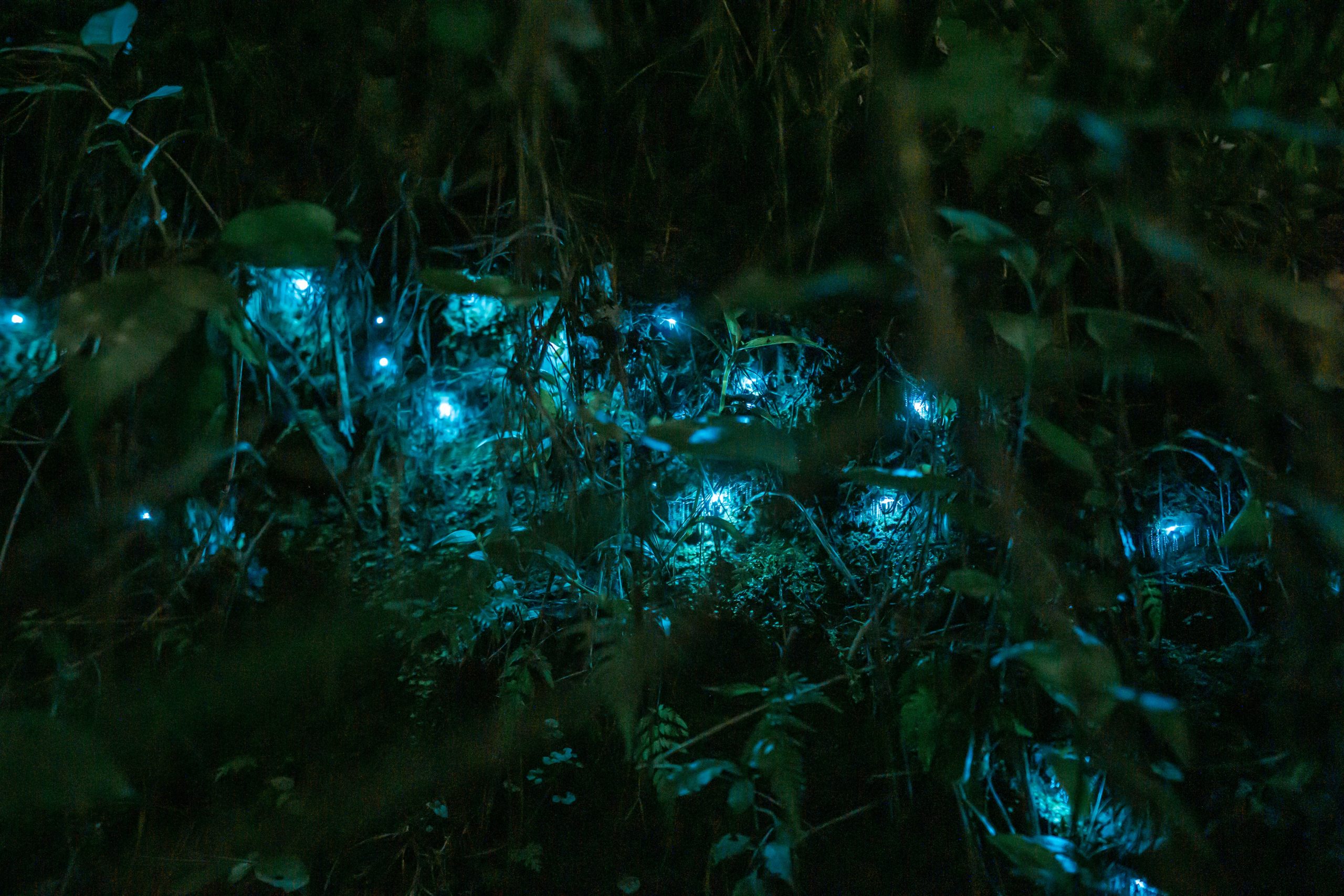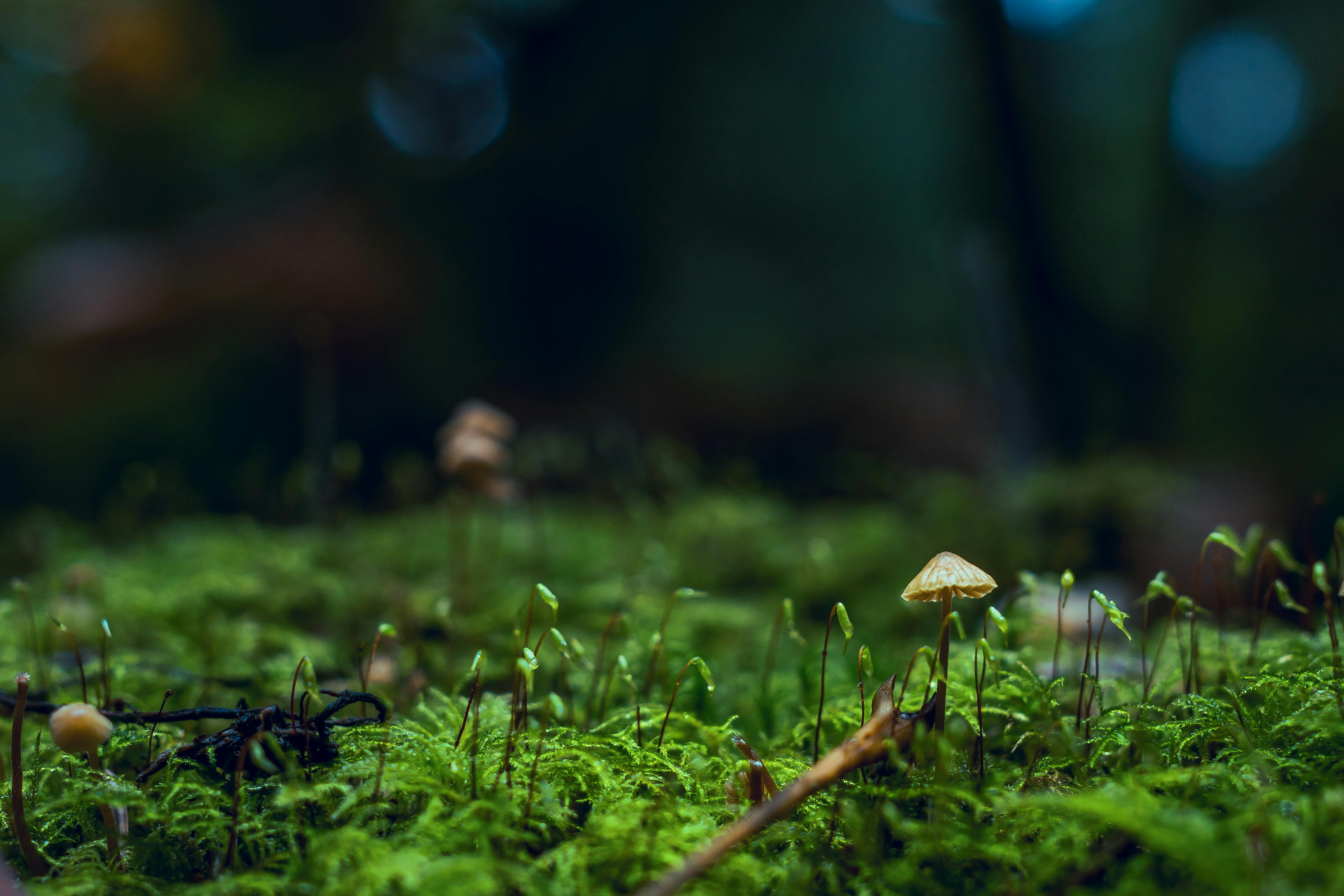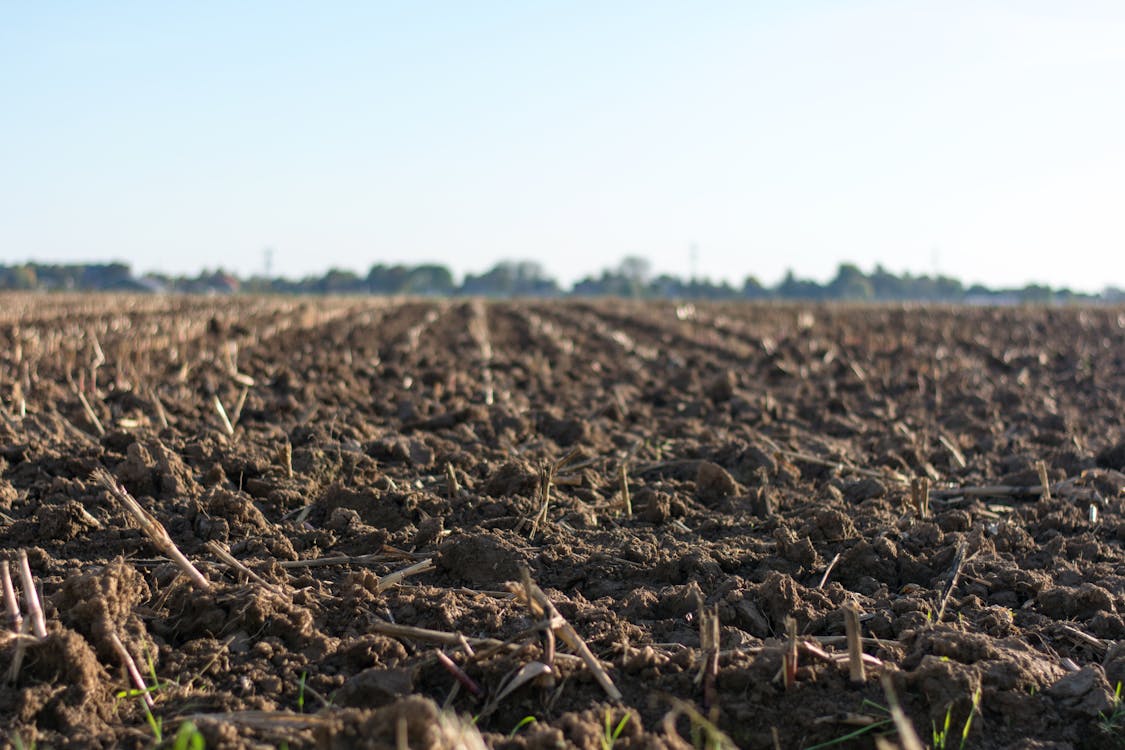Every year 500 million plastic bags are used globally. 1 billion plastic bottles reach our oceans annually, creating 300 million kg of carbon emissions.
Plastic waste is a massive problem in our world currently, but thankfully there are many companies that are paving the way to a plastic free future. Notpla is a London based company that is using seaweed to develop new packaging solutions. They create Ooho, which is their plastic alternative. Ooho is 100% biodegradable and edible! This means that no bins or recycling is needed for this product! Ooho also uses nine times less energy to produce compared to plastic.
As well as being plastic free, growing seaweed itself is very beneficial to the environment. The growth of seaweed does not require any land or pesticides (which can be very harmful). Seaweed can also create new ecosystems, promoting growth and biodiversity. It also has reverse effects on ocean acidification, which also helps ocean communities to flourish.
Thank you for reading! If you are really interested in this topic and want to learn more, take a look at the BBC Documentary ‘Drowning in Plastic.’





0 Comments